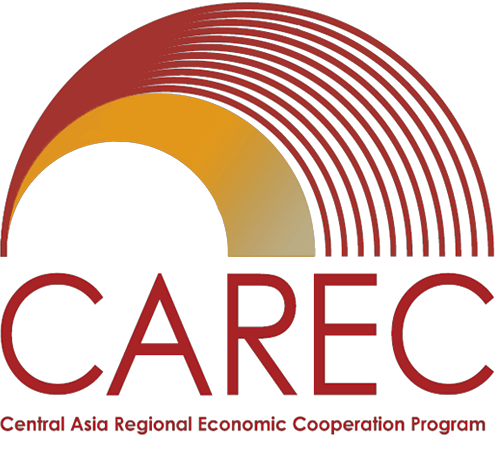Virtual Training on Plant Quarantine Legislation, Phytosanitary Risk Management and Plant Clinics: Uzbekistan

Following Uzbekistan’s accession to the International Plant Protection Convention (IPPC) in January 2020, the State Plant Quarantine Inspection (SPQI) under the Cabinet of Ministers has been mandated to introduce initiatives to adopt IPPC principles under the framework of the Presidential Decree on Additional Measures to Develop the Activities of the State Plant Quarantine Service and Roadmap 2020-2023. SPQI has also adopted the ePhyto system for digital phytosanitary certification.
Asian Development Bank through the CAREC program, specifically, the Common Agenda for the Modernization of Sanitary and Phytosanitary Measures for Trade and the CAREC Integrated Trade Agenda 2030, provided technical assistance to address gaps in legislation, strengthen phytosanitary system and inspection capacity of SPQI to meet international best practices. The series of webinars on plant quarantine legislation, phytosanitary risk management and plant clinics highlighted: (i) reforms needed to adopt IPPC principles; (ii) implementation of trade facilitating measures and risk-based phytosanitary border controls; and (iii) development of extension services to support farmers and pest surveillance activities.
The session on legislation discussed IPPC principles, the current plant health legislation in force and new draft Plant Quarantine Law, and expert recommendations on the development of secondary legislation to adopt key International Standards for Phytosanitary Measures (ISPMs).
The sessions on phytosanitary risk management discussed the development of a national quarantine pest list. Rapid Pest Risk Analysis (PRA) exercises demonstrated extracting information from sources such as the European and Mediterranean Plant Protection Organization (EPPO) Global Database, CABI Invasive Species Compendium, and CABI Horizon Scanning Tool when undertaking PRAs. The sessions underscored the need for regulated import commodities list that complies with the World Trade Organization (WTO) SPS Agreement and IPPC standards in order to implement risk-based phytosanitary measures and border controls.
The sessions on plant health clinics underscored plant clinic’s role in crop protection extension service to farmers, as well as to pest surveillance programs. Different models on how plant clinics can be developed and operated to support farmers and pest surveillance activities are presented.
Over 400 specialists, legal experts, inspectors and heads of departments from SPQI, Scientific Center and Regional Inspectorates of Andijan, Bukhara, Jizzakh, Kashkadarya, Khorezm, Namangan, Navoi, Republic of Karakalpakstan, Samarkand, Sirdarya, Surkhandarya, and Tashkent participated in the virtual trainings held from February to March 2021.
The activity was supported by KSTA 9500-REG: Modernizing Sanitary and Phytosanitary Measures to Facilitate Trade, co-funded by the People’s Republic of China Poverty Reduction and Regional Cooperation Fund and Regional Cooperation and Integration Fund.
For further details regarding the event and the sessions, please click here. Event Page
